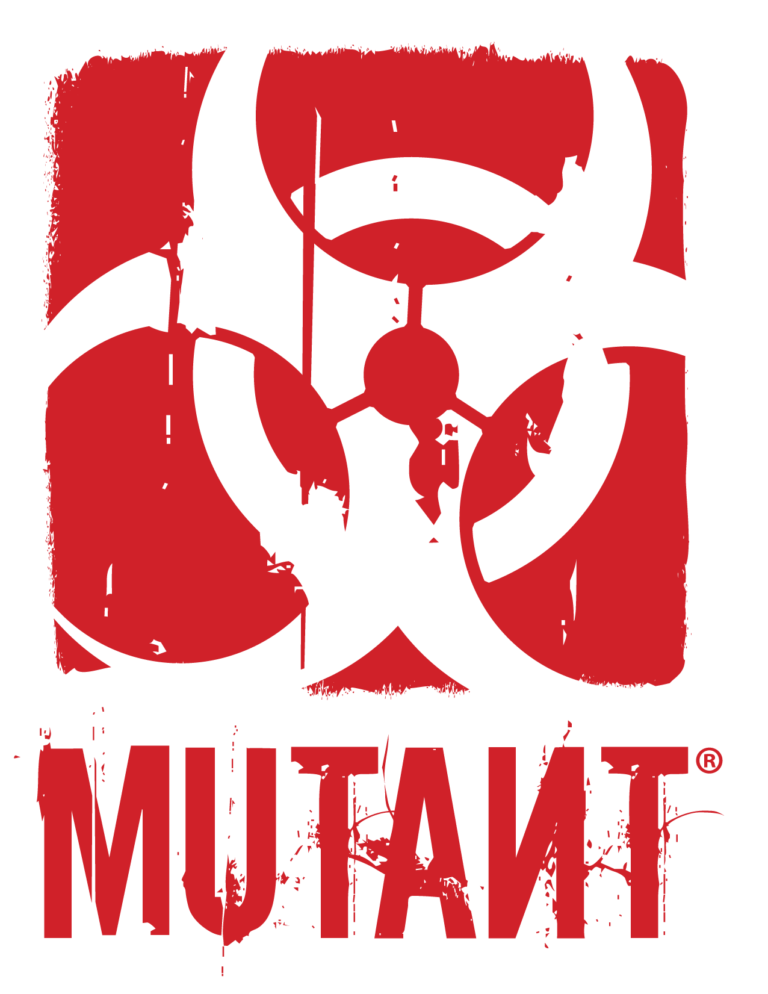By: Matt Weik
The debate regarding baby food and which options are best has been an ongoing discussion for years. Parents who prepare their own food for their baby’s find they save a ton of money. They are able to make things in bulk and freeze much of it to save for a later date. Some working parents often say they don’t have time to prepare food specifically for their baby, choosing instead to purchase baby food (prepackaged, jarred, etc.) from the grocery store. A new study might change the way parents view baby food.
Researchers from Scotland have looked at and studied 278 baby and toddler foods found in retail stores and compared them to 408 homemade recipes of comparable foods found in the stores. What they found was that home made food delivers up to 77% more nutrients when compared to the prepackaged variety. While the store-bought baby food wasn’t bad, the researchers mentioned that meals prepared at home tend to have more calories and fat in them which could lead to overeating and put the child at risk of having weight and obesity issues as a kid.
When researchers took a deeper look at home-cooked recipes, they found that around 50% of them exceeded what is calorically recommended for children to consume between the ages of 4 months and 4 years of age. On top of that staggering figure, they found that around 37% of home-cooked meals also exceeded the amount of fat a child should consume daily. And these were following recipes used to prepare the meal. The researchers were concerned that parents might alter the recipe or not follow it to a “T” which could further cause the calories to skyrocket. On average, these meals also contained 2 vegetables where the prepackaged version generally had 3 vegetables per meal.
Many people would then consider the prepackaged foods to be a far better option, and about 65% of those meals were found to meet the recommended caloric values for kids. They also found that the prepackaged foods contained lower protein contents as well as fats. The researchers mentioned that while not overly concerned about the protein content, the fats were a little more worrisome. Being that fats are needed for growth and development, they have voiced concern that manufacturers should consider boosting macros in their prepackaged baby foods.

Another area the researchers looked at was the price between homemade and prepackaged foods. While most people do their own homework and already know making your own is less expensive, they wanted to see just how much savings one could expect to see if they make their own foods. What they found was that on average it costs a third more to use organic ingredients to make your own food when compared to non-organic but still a much cheaper option than to purchase food prepackaged off the shelf.
A child’s nutrition is extremely important. If you want to save money and make your own food, the researchers recommend you look at the nutrition of each meal prior to preparing it and try to make adjustments to meet your child’s dietary needs.
Visit the IML Blog for more useful research summaries!
Source: Nierenberg, Cari. “Healthy Kids: Homemade Meals Not Always Best.” LiveScience. TechMedia Network, 19 July 2016.

The IML Research Blog here at DigitalMuscle.com is presented by IRONMAG LABS. Be sure to check back often for great info and special opportunities to purchase the latest products from the IML line of hardcore supplements.





